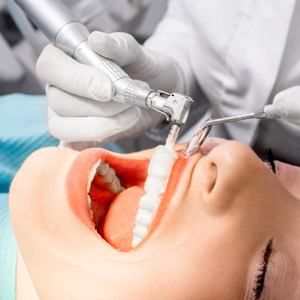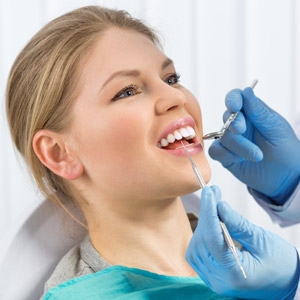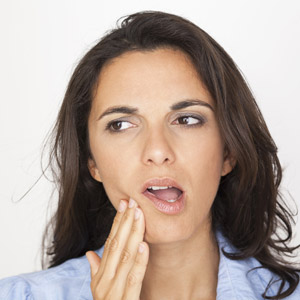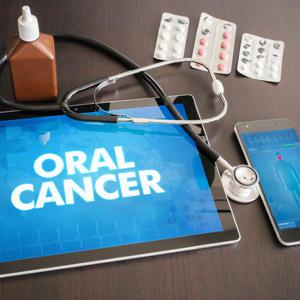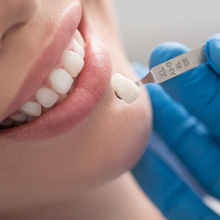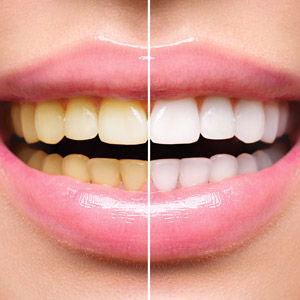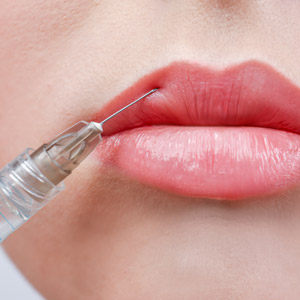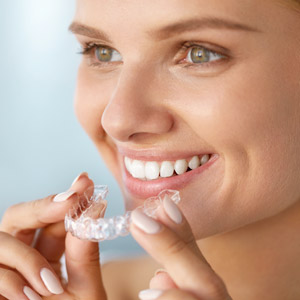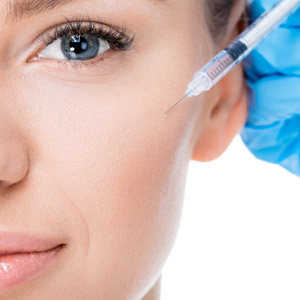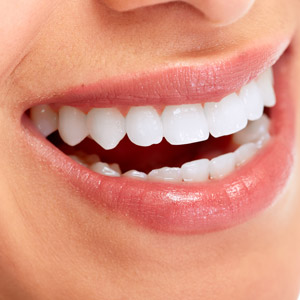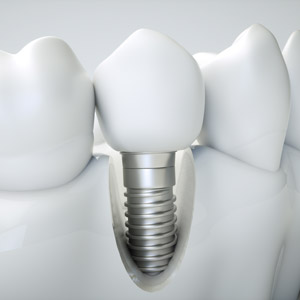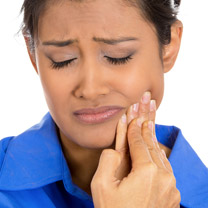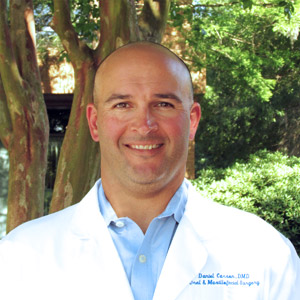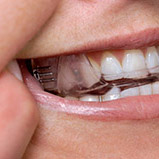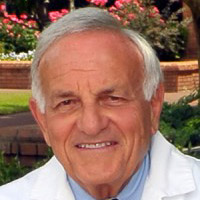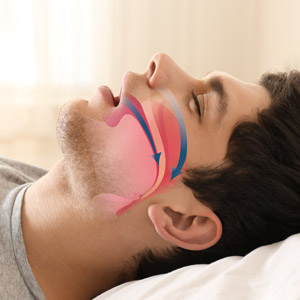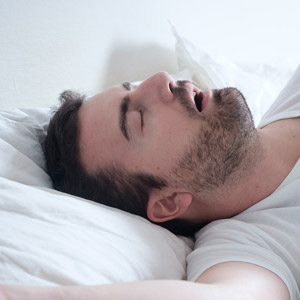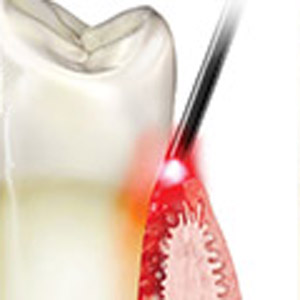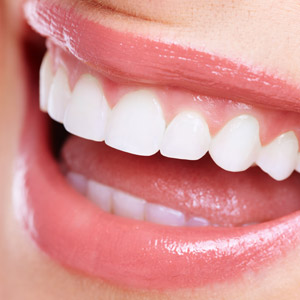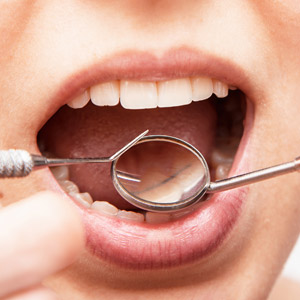Savannah
6602 Abercorn St. #101
912-354-3444
Office Hours
Mon-Thu:8-6 Fri:8-3
 Contact US
PATIENT FORMS
Contact US
PATIENT FORMS
Bluffton
15 Buck Island Rd.
843-706-2146
Office Hours
Mon-Thu:8-4:30
Closed from 1-2 pm for lunch
 Contact US
PATIENT FORMS
Contact US
PATIENT FORMS
Savannah
318 Johnny Mercer Blvd. #12
912-897-4548
Office Hours
Mon-Thu: 8-5
Closed from 1-2 pm for lunch
 Contact US
PATIENT FORMS
Contact US
PATIENT FORMS
Brunswick
114 Altama Connector
912-262-6688
Office Hours
Mon-Thu:8-5
 Contact US
PATIENT FORMS
Contact US
PATIENT FORMS
SLEEP DENTISTRY
Harold A. Black, DDS
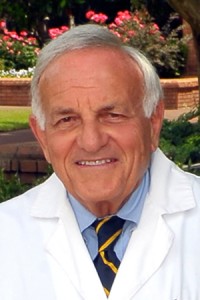
Dr. Black has called Savannah home for many years. He graduated from Savannah High School before attending Emory University where he earned his DDS. He is a member of many various professional societies including the American Dental Association, the Georgia Dental Association and the Academy of Implants and Transplants. Dr. Black is an active staff and served as past Chief of Dentistry at St. Joseph's/Candler Hospital and Memorial Medical Center. Dr. Black has served as the past president of the American Association of Hospital Dentists as well as the past president of the Bnai Birth Jacob Synagogue.
Joseph E. Brown, III, DMD
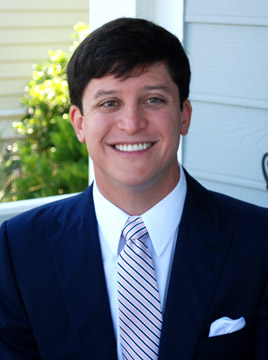
Dr. Brown is a graduate of the Medical University of South Carolina (2008) with extensive training in the application of Invisalign, as well as clear braces, mini-dental implants, facial esthetics, and cosmetic dentistry. He also has received additional training in the application of botox and dermafillers. He is an active member of the American Dental Association, the Hilton Head/Bluffton Dental Society, the American Academy of Facial Esthetics, and the American Academy of Dental Sleep Medicine. As a member of the South Carolina Dental Association, Dr. Brown served as Chairman of the Committee on the New Dentists and is a House of Delegates Member representing the Coastal District. He is the currently the President of the Coastal District Dental Society and President of the Medical University Alumni Board of Governors. He has been inducted into the Pierre Fauchard Academy, a selective international honorary dental organization that recognizes outstanding accomplishment in the field of dentistry.
History of Sleep Dentistry
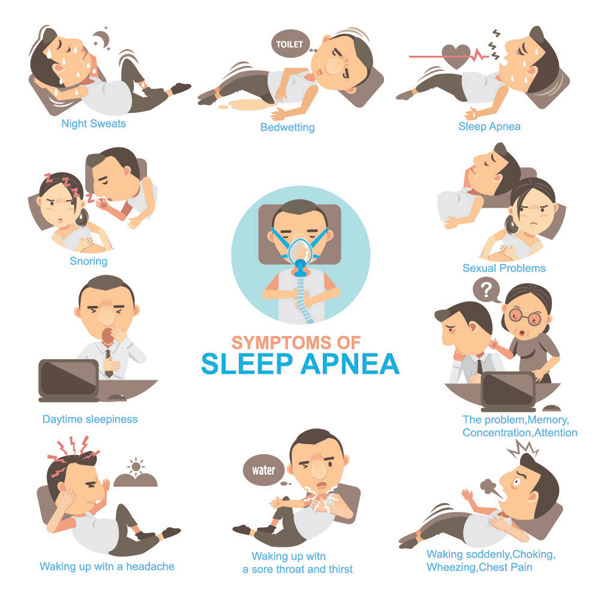
DON'T IGNORE YOUR SNORE!
Did you know that more than 20% of all adults suffer from some form of sleep disorder but ONLY 10% of those people are ever diagnosed?
SNORING is the most common symptom of a serious medical condition called sleep apnea. Sleep apnea can lead to serious health problems like:
- Heart Attack
- Strokes
- Diabetes
- Hypertension
DON'T LET ANOTHER SLEEPLESS NIGHT GO BY! CONTACT MORRISON DENTAL ASSOCIATES NOW AND LET US HELP YOU SLEEP EASIER!
Fast facts that you need to know: Sleep apnea is a serious condition characterized by interruptions of breathing during sleep and has been linked to much more serious health problems like strokes, heart attacks, life-threatening high blood pressure, depression and diabetes.
Obstructive Sleep Apnea
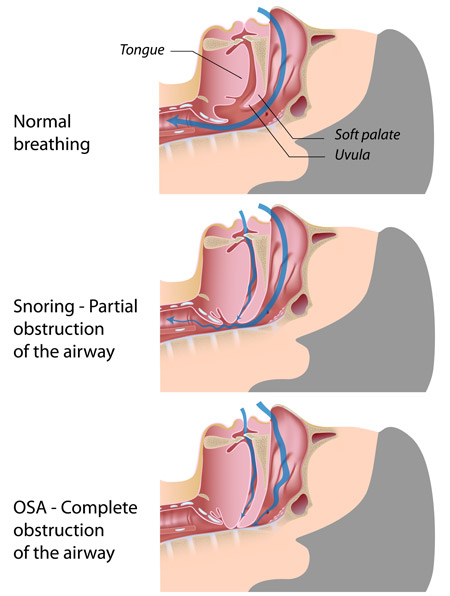
Sleep apnea is a potentially life-threatening medical disorder that causes the patient's body to stop breathing during sleep. The muscles in the patient's throat relaxes and the tongue may fall back and block the airway as the patients sleep, reducing the amount of oxygen delivered to all of the patient's organs including the patient's heart and brain. People with sleep apnea may snore loudly and stop breathing for short periods of time. The breathing pauses from sleep cause the patient's body to briefly wake while the patient remains unaware. This can happen hundreds of times per night.
Fast facts that you need to know
Indicators and symptoms of sleep apnea include:
- Loud and chronic snoring
- Choking or gasping during sleep
- Chronic fatigue and tiredness
- Daytime sleepiness
- Waking up with a dry mouth or sore throat
- Morning headaches
- Restless or fitful sleep
- Insomnia or waking up frequently
- Going to the bathroom frequently during the night
- Waking up feeling out of breath
- Forgetfulness and difficulty concentrating
- Moodiness, irritability or depression
In addition to snoring and excessive daytime sleepiness, sleep apnea can cause memory loss, morning headaches, irritability, depression, decreased sex drive and impaired concentration. When left untreated, sleep apnea can lead to hypertension, stroke, diabetes, heart attack and sudden death during sleep.
Sleep apnea patients are often older, obese and have thick necks - but it's important to note that men and women of any age or body type can have sleep apnea. The sleep disorder progressively worsens with age and weight gain.
The vast major of sleep related breathing cases go undiagnosed and untreated. An Institute of Medicine report found that an estimated 50-70 million Americans suffer from chronic sleep disorders such as sleep apnea. Excessive daytime sleepiness alone is costly and dangerous - studies show excessive daytime sleepiness costs the economy billions of dollars in lost productivity and nearly 1 of every 5 car accidents causing serious injury are associated with excessive daytime sleepiness.
Oral Appliance Therapy

Oral appliances are a front-line treatment for snoring and mild to moderate obstructive sleep apnea (OSA). These small plastic devices fit in the mouth during sleep like a sports mouth guard or orthodontic retainer.
Oral appliances help prevent the collapse of the tongue and soft tissues in the back of the throat, keeping the airway open during sleep and promoting adequate air intake. Oral appliances may be used alone or in combination with other treatments for sleep-related breathing disorders, such as weight management, surgery or CPAP.
Standards of Care
Morrison Dental can provide oral appliances to patients with primary snoring or mild OSA who do not respond to or are not appropriate candidates for treatment with behavioral measures such as weight loss or sleep-position change.
Patients with moderate to severe OSA should be thoroughly examined by a sleep physician and have an initial trial treatment using a nasal CPAP due to greater effectiveness with the use of oral appliances.
Oral appliance therapy may be appropriate and effective for patients with moderate to severe OSA who are intolerant of or refuse treatment with nasal CPAP. Oral appliances are also indicated for patients who refuse treatment or are not candidates for tonsillectomy and adenoidectomy, cranofacial operations, or tracheostomy.
Oral Appliance Therapy
Oral appliance therapy involves the selection, fitting and use of a specially designed oral appliance that maintains an open, unobstructed airway in the throat when worn during sleep. Custom-made oral appliances are proven to be more effective than over-the-counter devices (which are not recommended as a screening tool nor as a therapeutic option).
Morrison Dental dentists are familiar with the various designs of appliances and can help determine which is best suited for your specific needs. Morrison Dental will work with your physician to provide diagnosis, treatment and ongoing care. A joint consultation will be required to determine the most effective treatment approach.
Advantages of Oral Appliance Therapy
Oral appliances are comfortable and easy to wear. Most people find that it only takes a couple of weeks to become acclimated to wearing the appliance. Oral appliances are small and convenient making them easy to carry when traveling, and treatment with oral appliances is reversible and non-invasive.
Types of Oral Appliances
With so many different oral appliances available, selection of a specific appliance may appear somewhat overwhelming. Nearly all appliances fall into one of two categories. The diverse variety is simply a variation of a few major themes. Oral appliances can be classified by mode of action or design variation:
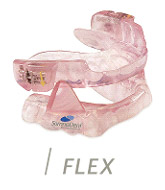
Tongue Retaining Appliances
Tongue retaining appliances hold the tongue in a forward position using a suction bulb. When the tongue is in a forward position, it serves to keep the back of the tongue from collapsing during sleep and obstructing the airway in the throat.
Mandibular Repositioning Appliances
Mandibular repositioning appliances reposition and maintain the lower jaw in a protruded position during sleep. The device serves to open the airway by indirectly pulling the tongue forward, stimulating activity of the muscles in the tongue and making it more rigid. The device also holds the lower jaw and other structures in a stable position to prevent the mouth from opening.

